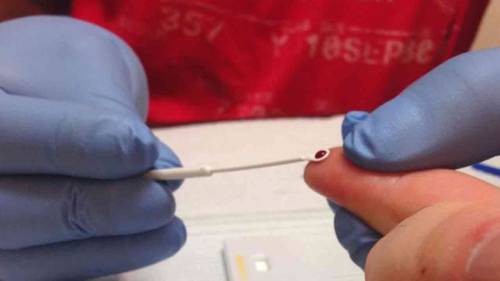
The Joint UN Programme on HIV/AIDS (UNAIDS) said West and Central African leaders have committed to a new plan that would triple the number of people on HIV treatment in the region.
Dr Djibril Diallo, the Director, UNAIDS Regional Support Team for West and Central Africa, made this known in a statement issued Mr Charles-Martin Jjuuko, the Communications and Global Outreach Officer, UNAIDS Nigeria.
The statement was made available to newsmen on Sunday in Abuja.
He said that the annual Dec. 1 World AIDS Day would, this year, be commemorated with a powerful commitment to a new HIV Emergency Plan for the region that would create more demand and boost access to HIV/AIDS services.
Diallo said that the focus of the 2016 commemoration was on HIV prevention.
He added that the theme of the 2016 World AIDS Day is “All Hands on for HIV prevention.’’
According to him, the commemoration is an opportunity for every community to unite against HIV, show support for people living with the virus and remember those who passed away due to AIDS.
He said series of activities were planned across the 25 countries of West and Central Africa, including conferences, discussions on innovative approaches to prevention and treatment.
He added that there would be a voluntary HIV testing and counselling in health centres, on the streets, markets and other places.
Diallo said there would also be a strong social media engagement to link people living with HIV, young people, women and girls’ networks and associations with decision makers at all levels.
NAN reports that the World AIDS Day had been an annual event since 1988.
The day is dedicated to raising awareness on the AIDS pandemic caused by the spread of HIV infection, and mourning those who died of the virus.
Government and health officials, non-governmental organisations and individuals around the world observe the day, often with education on AIDS prevention and control.
The World AIDS Day is one of the eight official global public health campaigns marked by the World Health Organisation (WHO).
Credit: pulseTv